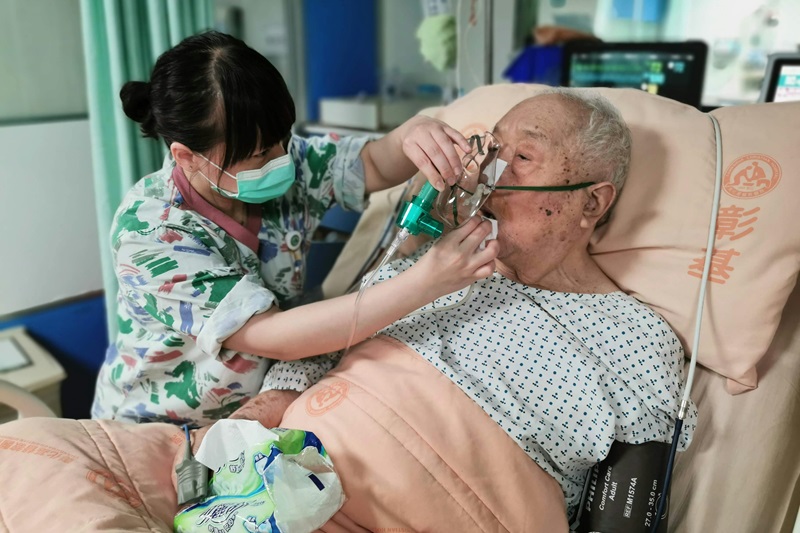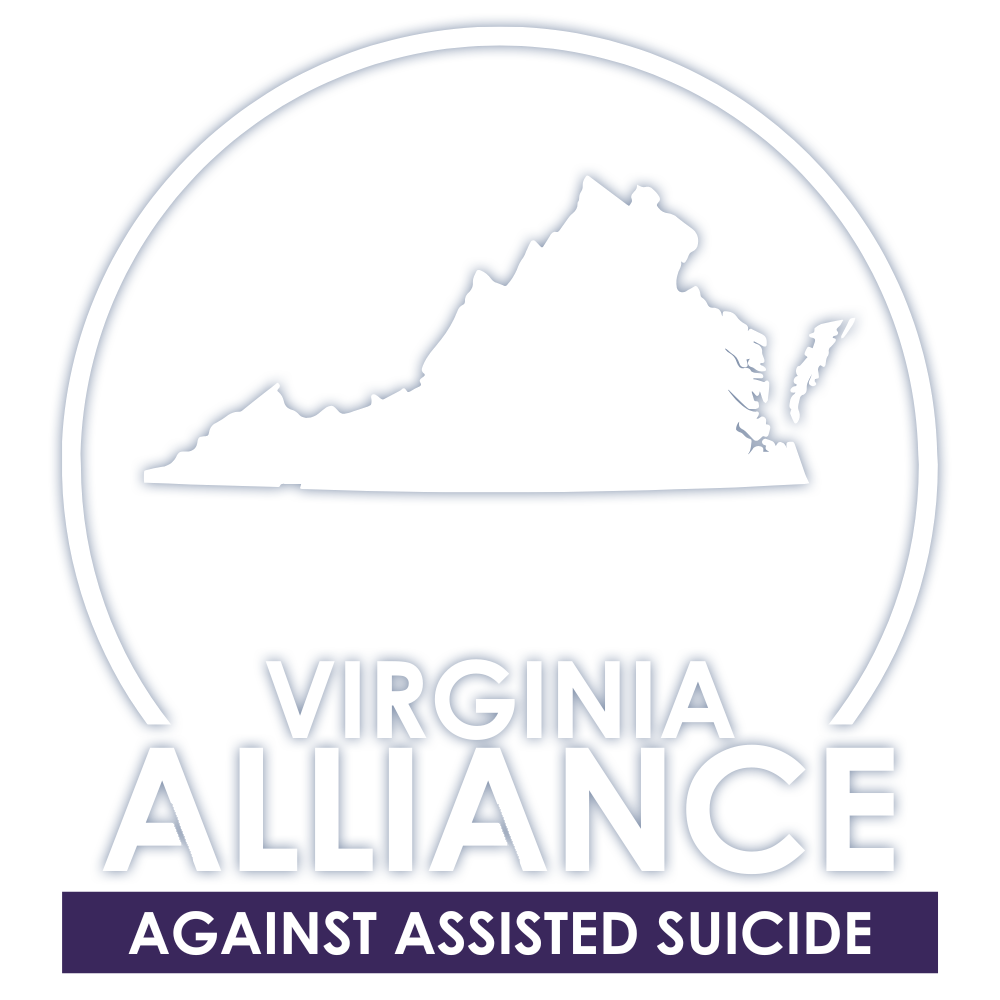
Statement by No Suicide VA
For Immediate Release: Jan. 22, 2024
Contact: Maureen Hollowell, Advocacy Coordinator, Virginia Association of Centers for Independent Living,
[email protected]
757-351-1584
RICHMOND, VA — For many Virginians Physician Assisted Suicide (PAS) would be neither compassionate nor a choice. For persons living with disabilities, senior citizens and people of color who too often do not receive equal access to care, legalizing PAS will raise their risks in our health care system.
Assisted suicide will diminish already scarce supports, increase the potential for coercion, and end the lives of people simply because they have a disability, said Maureen Hollowell, Advocacy Coordinator, Virginia Association of Centers for Independent Living.
Instead of medicalizing assisted suicide, the Virginia General Assembly should improve access and funding for hospice care and better educate citizens about these services along with palliative care and palliative sedation as well as their rights to an advanced directive and a health care power of attorney, all of which can be used to guide the end of life as they wish.
Don’t be fooled by promises. Proponents of PAS insist there are guidelines to protect those who want to use PAS from abuse and coercion. However, the track record of the nine states and the District of Columbia shows that soon after adoption the ultimate agenda of expanding PAS begins. The record shows that so-called guidelines are loosened or not adhered to. Two-week waiting periods between asking for PAS drugs and having them prescribed have been shortened to 48 hours. Reports designed to provide a window into how well the program is working have been ignored to the point in some states it is not clear what happened to the person requesting the drugs. Did they die or not? And if not, what happened to the drugs? In addition, while PAS is supposed to be only applicable to people who have six months or less to live, it has been administered to people suffering from anorexia, a non-fatal mental illness.
SB 280 and HB 858 are just another attempt by PAS proponents to push an agenda of normalizing assisted suicide, a dangerous precedent. It would also create ethical confusion and harms the trust between physicians and their patients that is necessary for good care.
We oppose PAS and SB 280 and HB 858 and so should the Virginia General Assembly.
###
Other Posts
Tom Steffens: Legalizing Assisted Suicide Risks Harm to Veterans
I see this same principle alive across our commonwealth as civil society and our public servants work tirelessly to support our 700,000 veterans every day. Despite that extraordinary effort, we all know that the men and women who valiantly served our country are at a higher risk for suicide.
- « Previous
- 1
- 2

